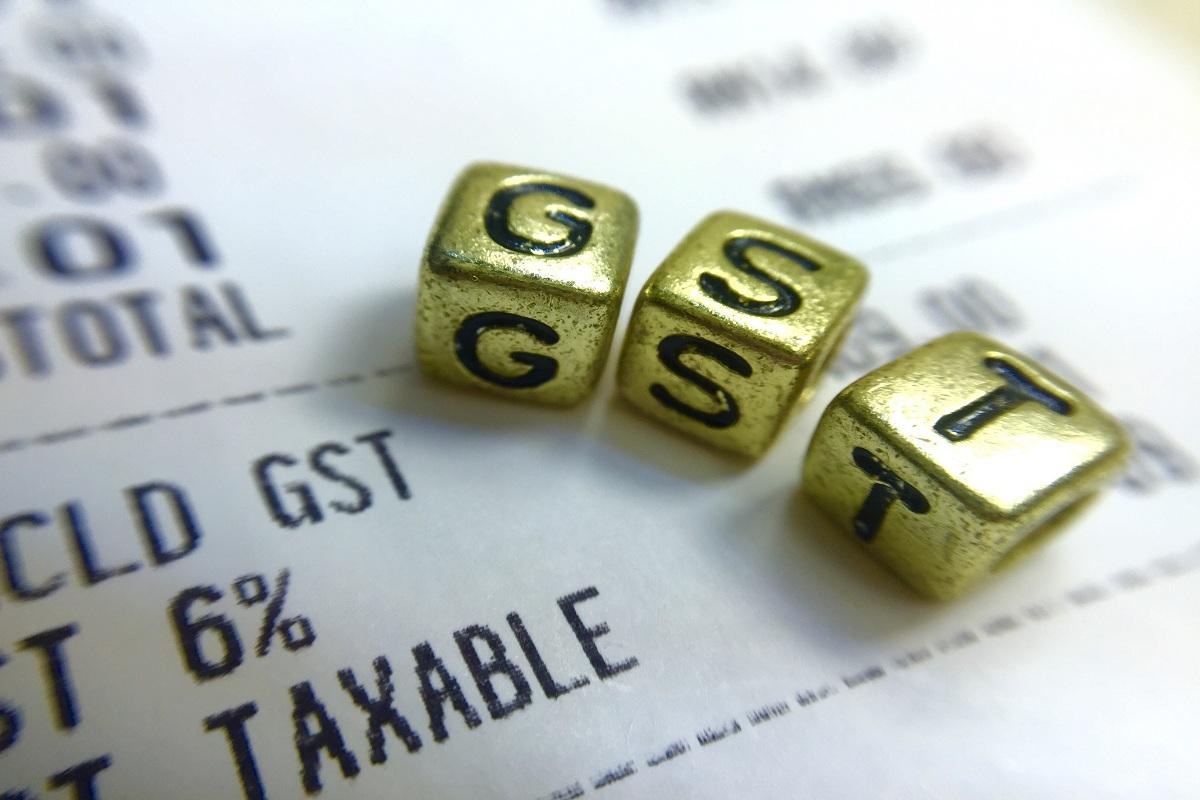With every new law comes a new governance framework, and it needs a governing body. So did the GST Act, the new indirect tax regime that has got the world of indirect tax regime within the country upside down. GST is a vast Act that has brought many different tax laws under a single umbrella, and to manage such a broad Act, it was essential to have a council to govern it. And so was established the GST Council Members.
This GST council has vast responsibilities to fulfil, the major part of which includes keeping track of all the GST search happened, news and other developments and take steps to effectively monitor them and bring them into the framework of the law. Besides that, all the functions related to GST registration, return filing, assessments, etc., are an essential part of the functioning of the GST council. So, the Goods and Services Tax council is an integral part of the GST framework, and it is pretty vital to have complete knowledge about it. However, before we come to that, let us have a brief idea about what is the GST Act.
Table of Contents
What is the GST Act- Goods and Services Tax Regime in India?
GST is the abbreviation for Goods and Services Tax. GST Act is an indirect tax regime that governs the supply of goods and the provision of services amongst the businesses. This Act has come in the place of the different indirect tax laws that were existing in the country and now stand repealed with the introduction of Goods and Services Tax.
The GST Act has been a significant revolution in the indirect tax regime of the country. It has transformed the ways the indirect taxation laws worked within the country. With its onset, GST has helped eliminate the need to follow too many compliances. It has freed the taxpayers from the cascading effects of taxes and the double taxation problems. It has also freed the economy of corruption to a considerable extent.
Besides that, the Goods and Services Tax official website that facilitates online GST search for the latest news and developments and other requirements such as registration and return filings have also been a step towards Digital India and been highly beneficial for the economy.
So, with all of this, GST has been highly beneficial for the taxpayers and the Indian economy, and with proper governance by the GST council, these benefits can keep growing. So, let us know how the GST council basically works.
Composition of GST Council
A GST council is a body of 33 esteemed professionals with a high degree of expertise and experience who come together to govern the GST law for its proper maintenance. The categories of these 33members that form the composition of the GST Council are:
- The Union Finance Minister of the Country. He acts as the Chairman of the Council and has the responsibility to head all the functioning of the council.
- The union minister of state who is in charge of the revenue and finance also serves as a member of the GST council.
- Every state government nominates and minister from its side to be a part of the GST council. This minister is preferably in charge of finance or taxation within that particular state.
- The council also has an ex-officio secretary. The Secretary of Revenue takes up this position
- The chairperson of the Central Board of Excise and Customs is also a member of the GST council. However, this person is a non-voting member and generally occupies the position as an invitee.
- A position of Additional Secretariat is also created in the GST Council, and also there are four posts of Additional Commissioners within the council.
All these members and their respective positions together form a GST council. This council is dedicated to performing all the related functions and duties in the best interest of the GST Act. Here are some of the vital duties and functions that this council performs.
Functions of GST Council
The primary function of the GST council relates to making recommendations to the Government regarding the Goods and Services Tax rates and other surcharges and cess. Besides that, the council also recommends the threshold limits for registration and the rates of taxes. Also, the exemptions that must be provided to the taxpayers are recommended by the GST council. The GST council recommends even the special provisions applicable to the certain North-Eastern States and Jammu and Kashmir under the Goods and Services Tax law. Also, the essential definitions and other clarifications are based on the recommendations of the GST council. So, the major function of the GST council is recommendatory.
Besides all these recommendations, the council also has the responsibility to makes sure that the law is working as expected without any problems. It also has to look if there are any changes required to be made to the Act. In case such changes are found, it is the duty of the council to recommend these changes as well to the Government.
Also, the registration and the filing is governed by the Goods and Services Tax Council. All the registrations under the Act are approved by the council. This council takes even the decisions to cancel or suspend such registrations.
So, the council has vast functions to perform, and GST is quite incomplete without this council.
Conclusion
GST is an Act that encompasses many aspects within it, and every aspect of it has to be managed very carefully. It is a vast Act that has brought multiple Acts into its fold. So, it is just natural for the Act to have several provisions and compliances within it, and all these need to be maintained and governed effectively.
The GST Council 33 members governing Goods and Services Tax is the best way for the purpose. The council primarily manages all the functions under the Act. It makes every recommendation that is necessary based on the latest GST search, news, and development. It also takes care that the changes are implemented smoothly and seamlessly. The GST council is the backbone of the GST Act. It is something without which the Act could not have been the way it is. The council has primarily managed and governed the Act well, and with its skilled framework, it will keep doing so.









